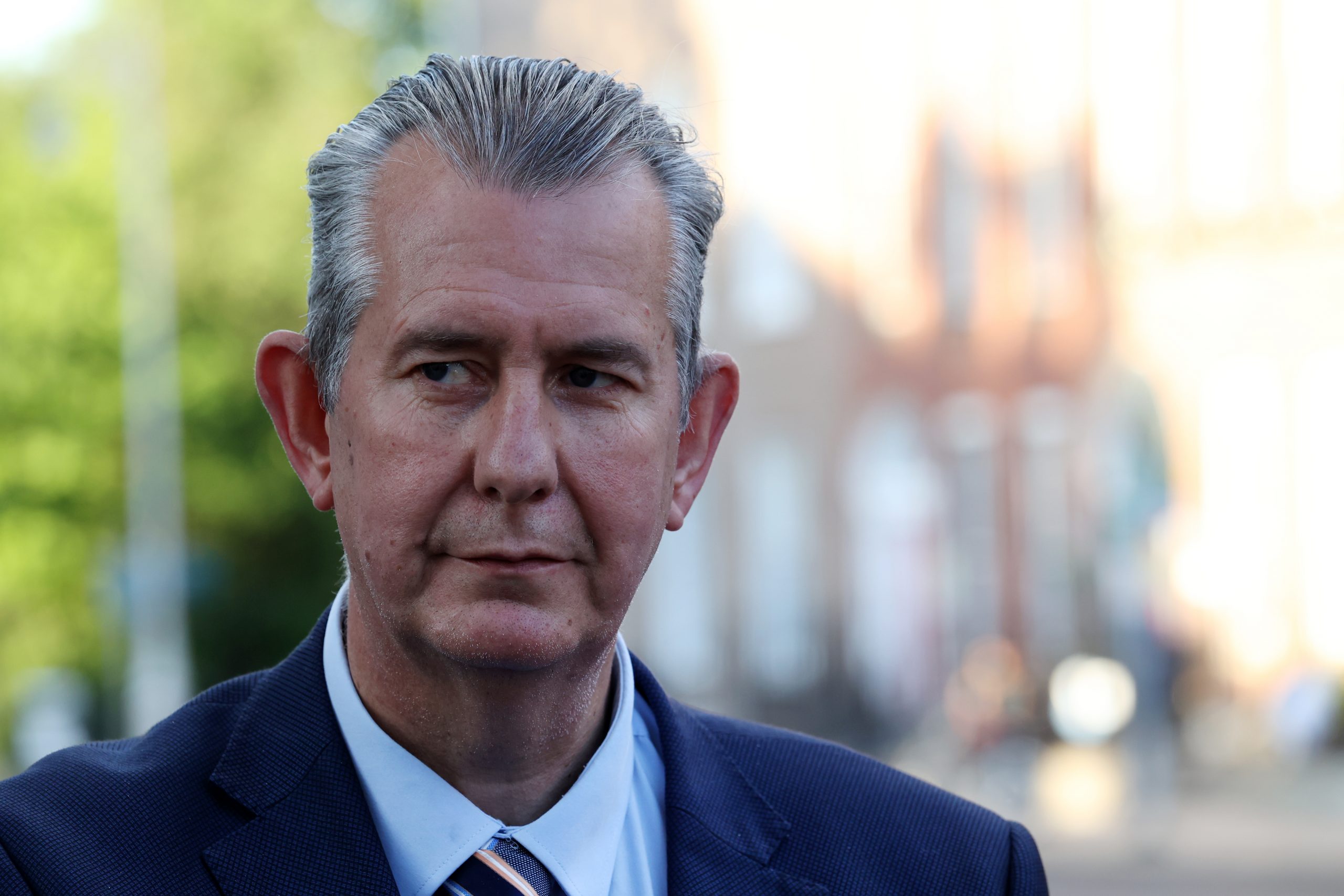On Monday afternoon Arlene Foster will formally resign as Northern Ireland’s first minister. She is 50. She is likely to be a baroness in the House of Lords before the year is out. Her chastening experiences on the political stage and in the social media jungle will give her new opportunities on the international conference circuit. Like Peter Robinson before her, she will retain her security detail. Foster’s forced exit signals a whole new dynamic in Northern Ireland and DUP politics. Those who fired the stones have triumphed. They are now entering the glasshouse where those stones will have to be decommissioned. And they are quickly…
Cancel at any time. Are you already a member? Log in here.
Want to read the full story?
Unlock this article – and everything else on The Currency – with an annual membership and receive a free Samsonite Upscape suitcase, retailing at €235, delivered to your door.

